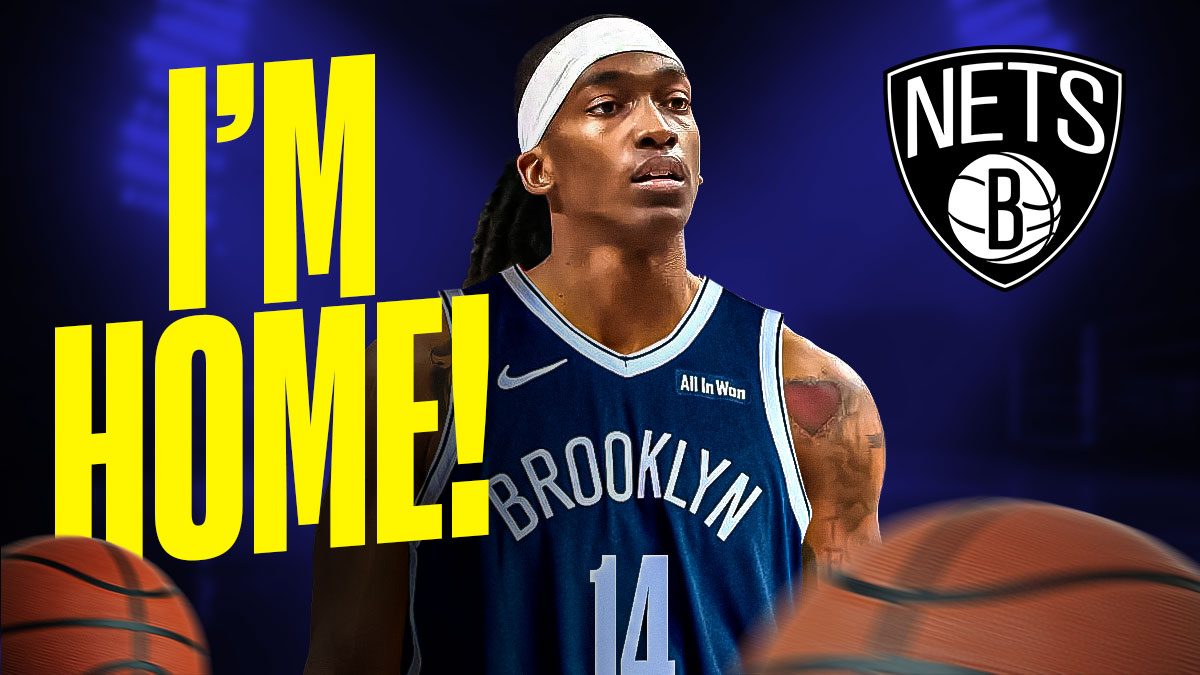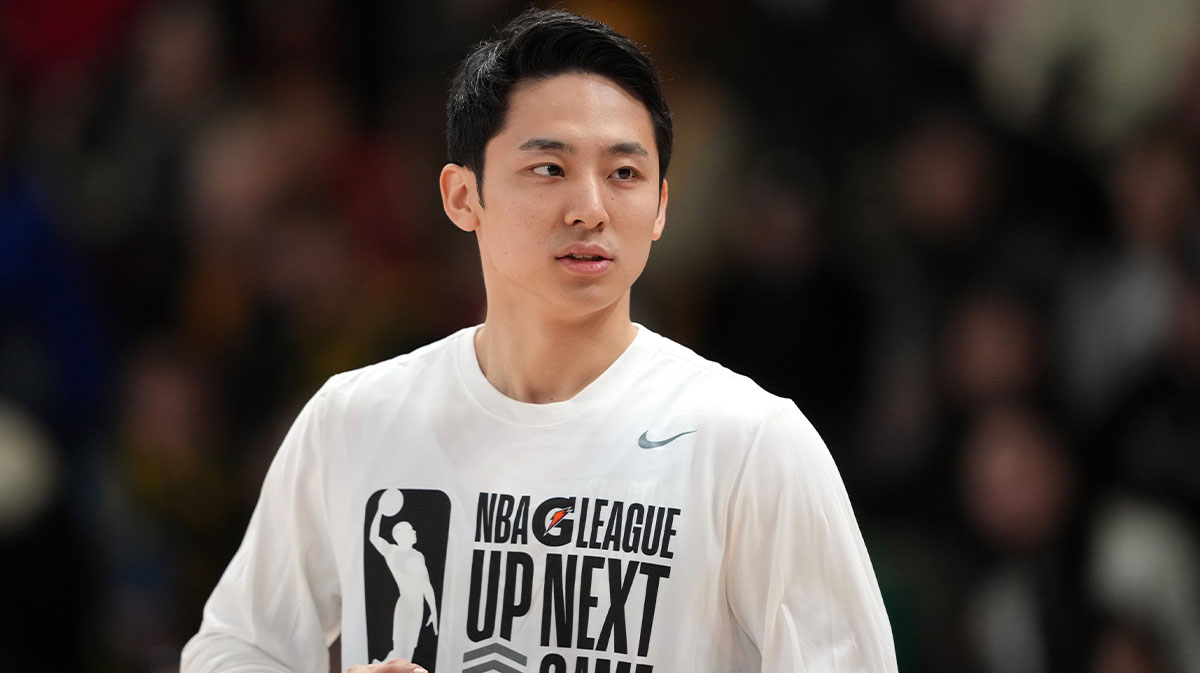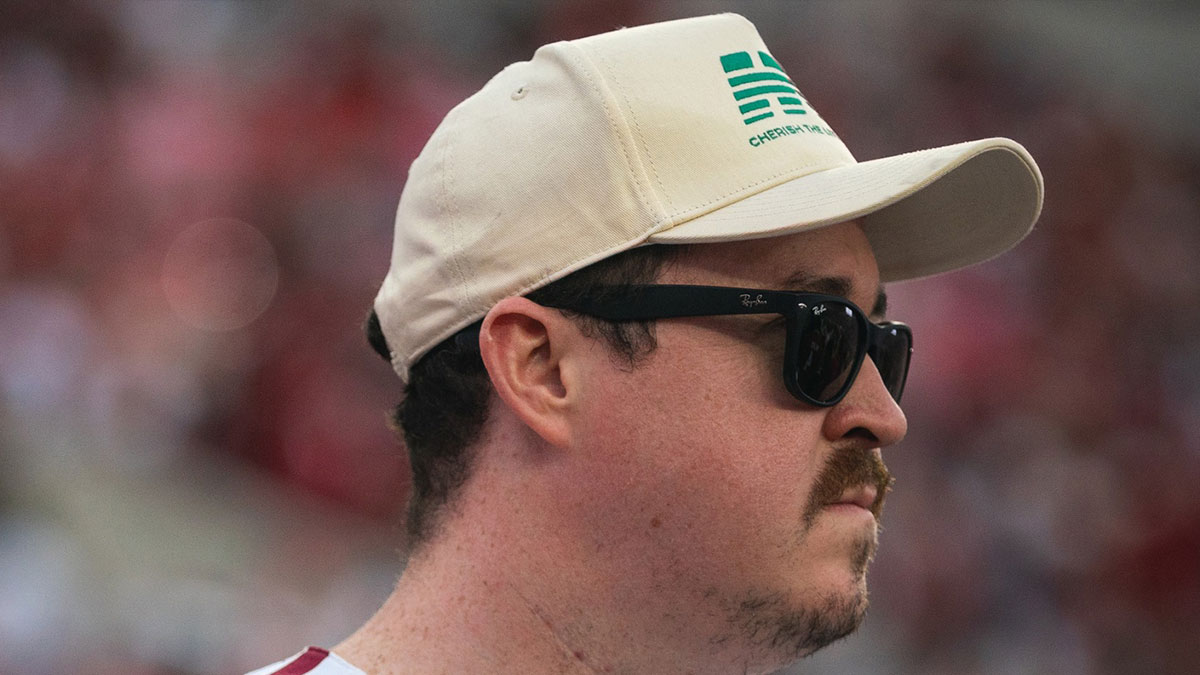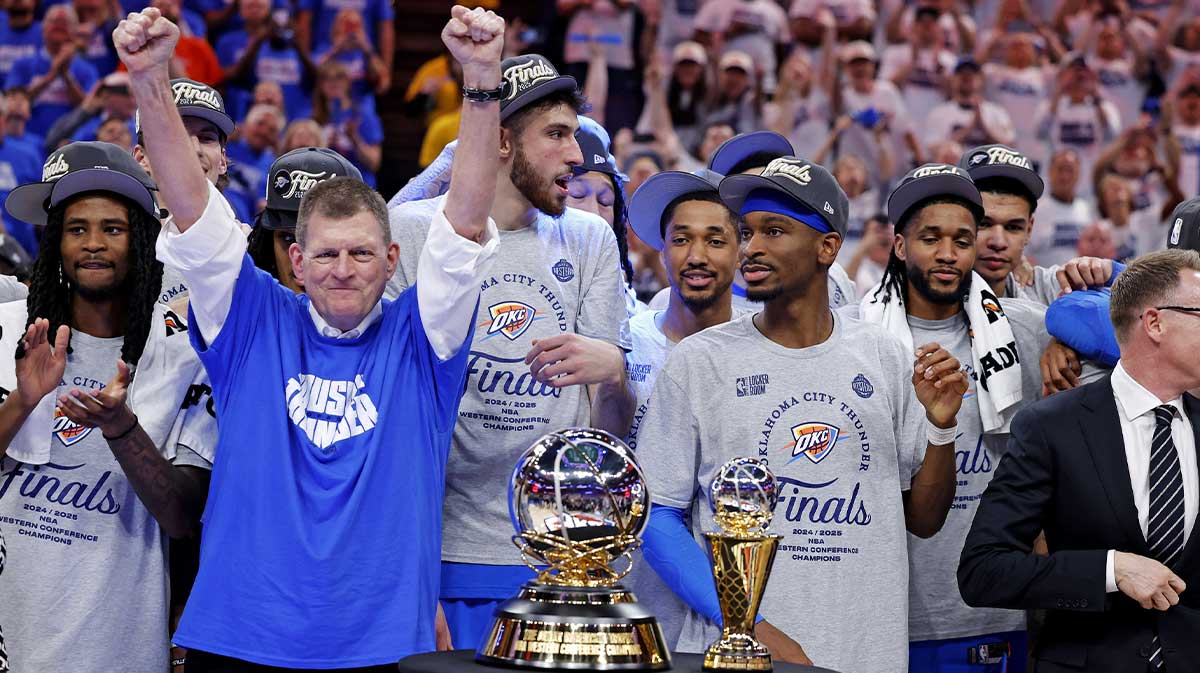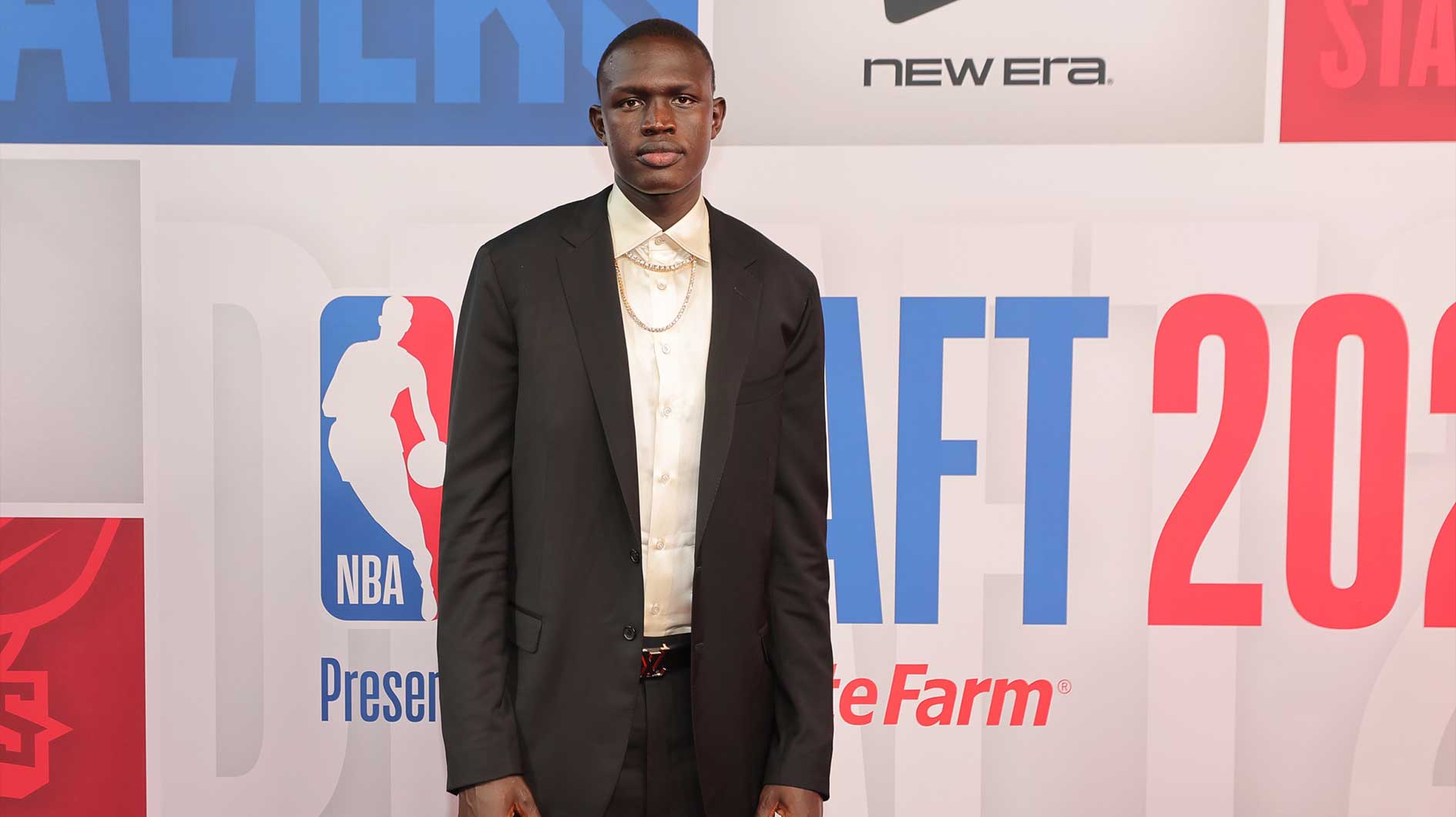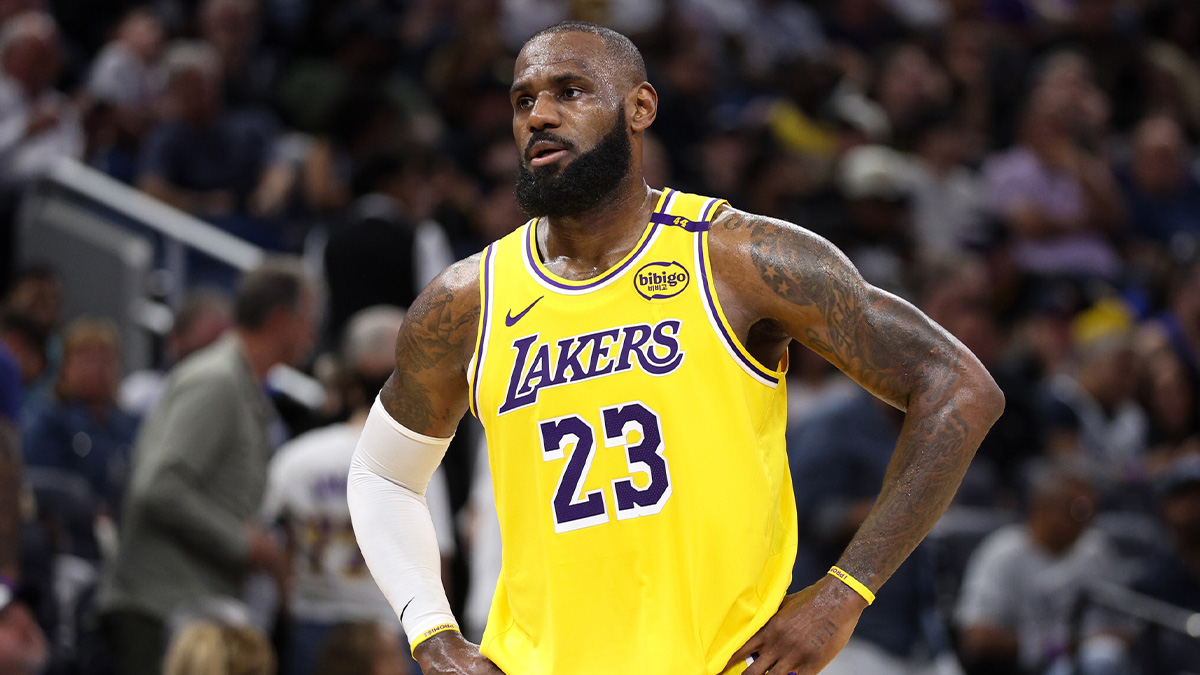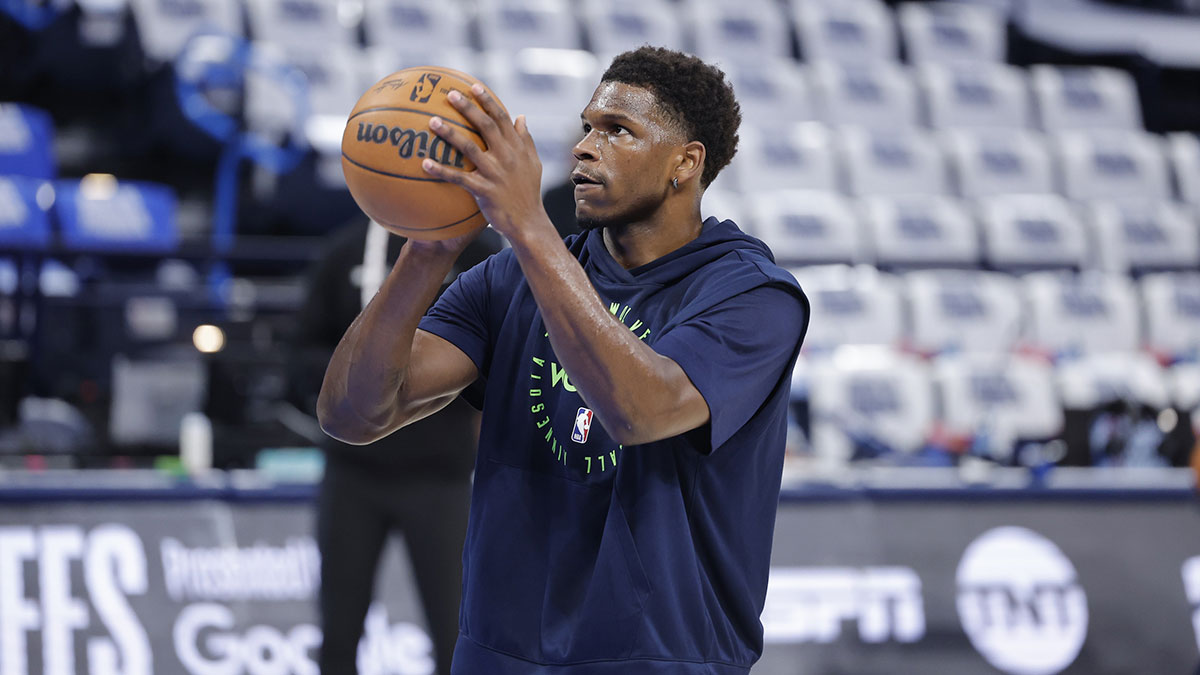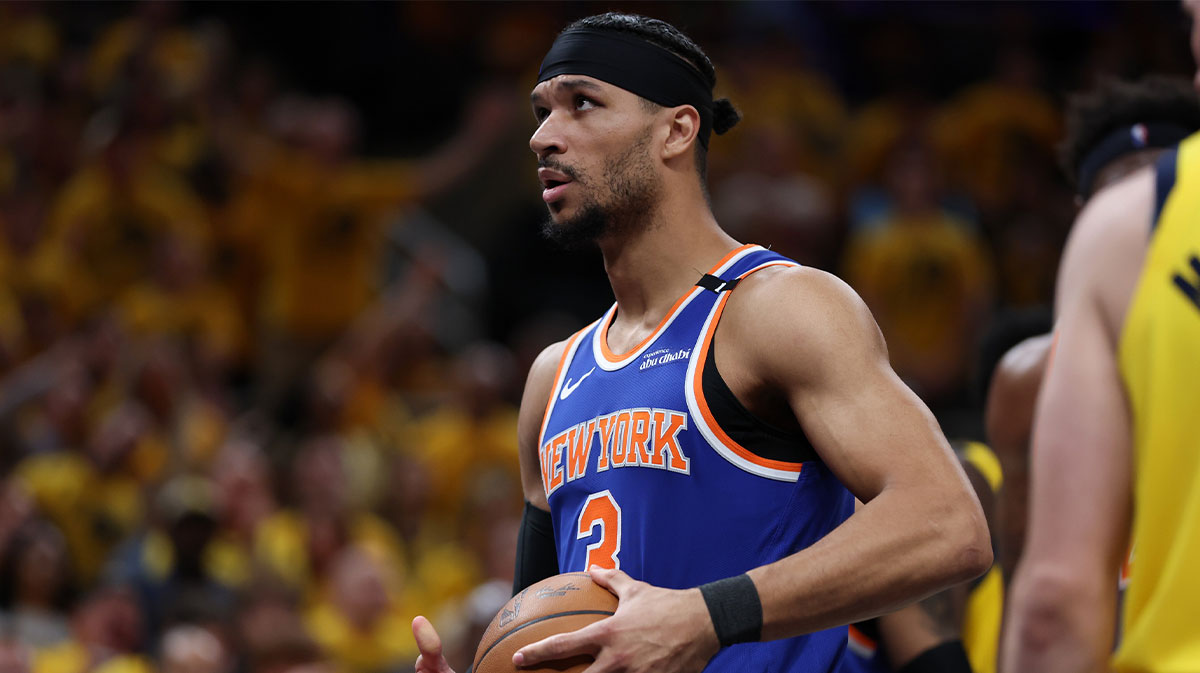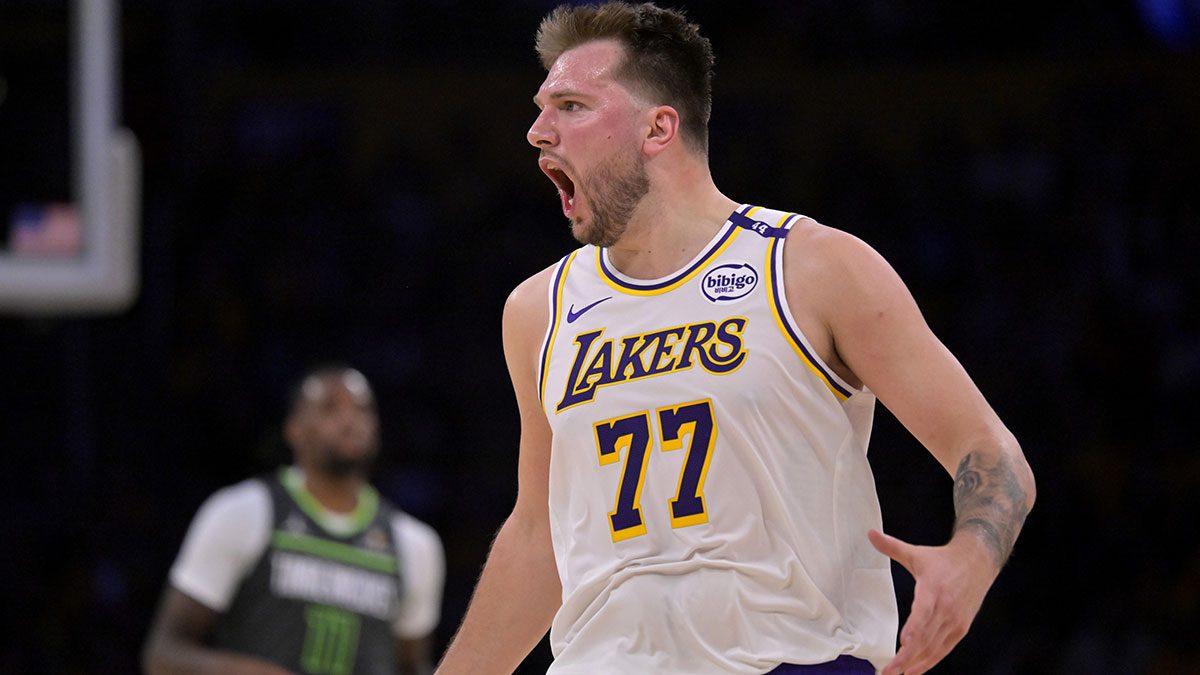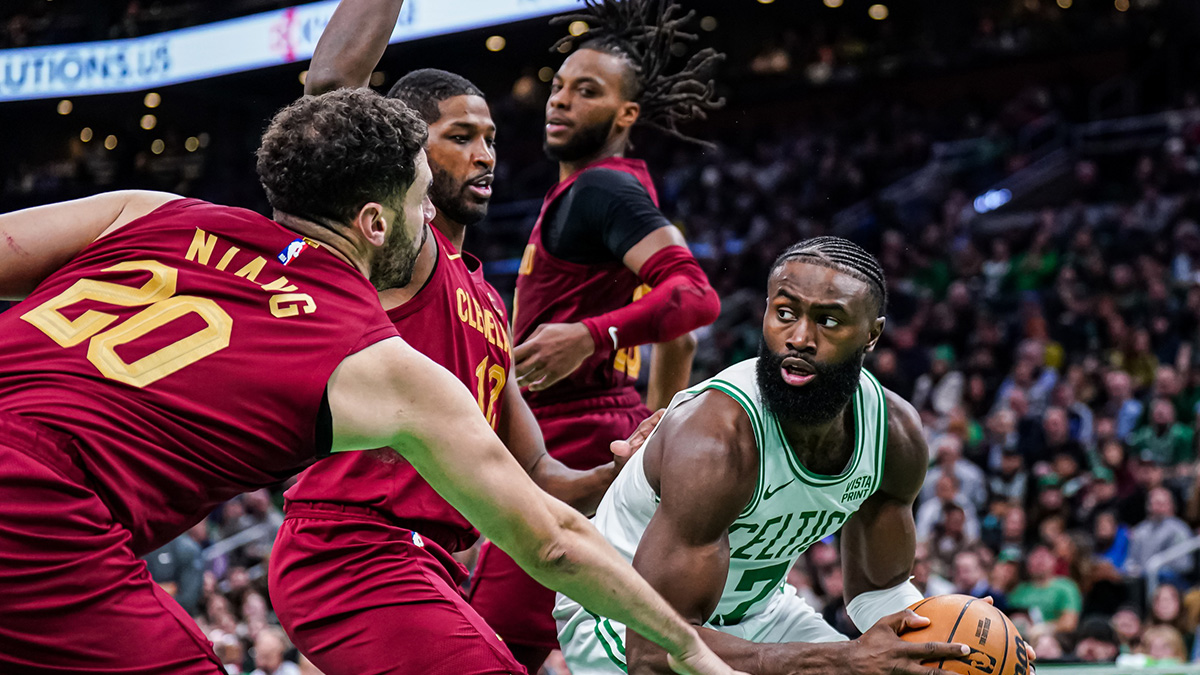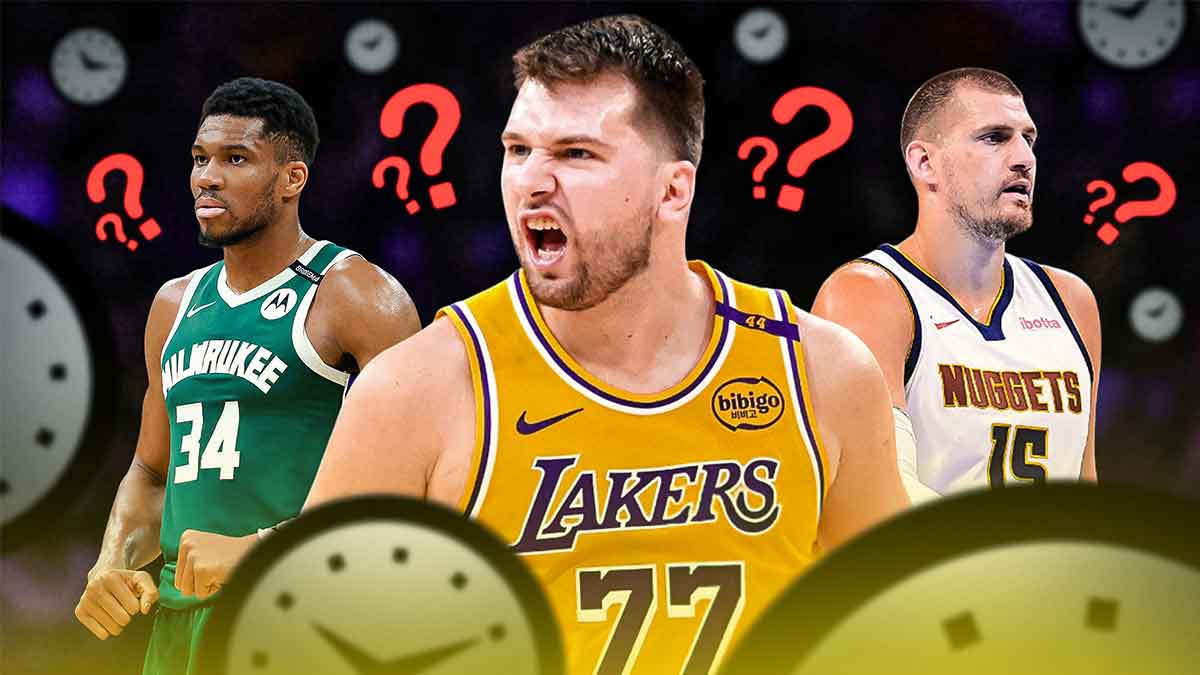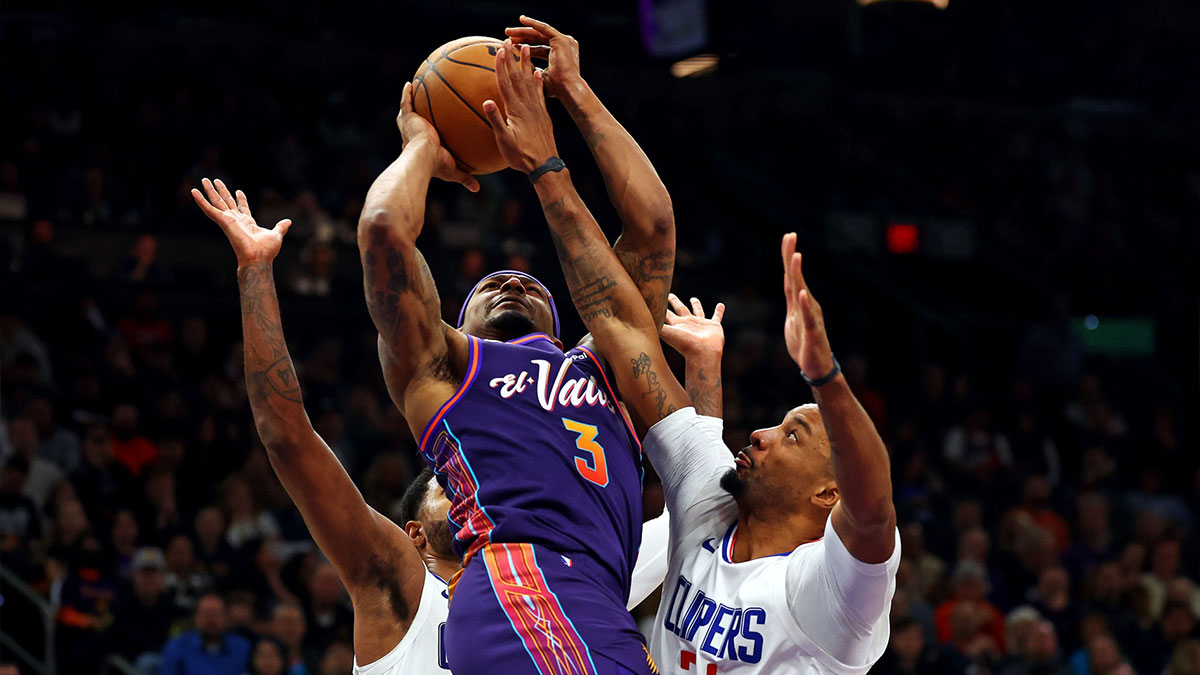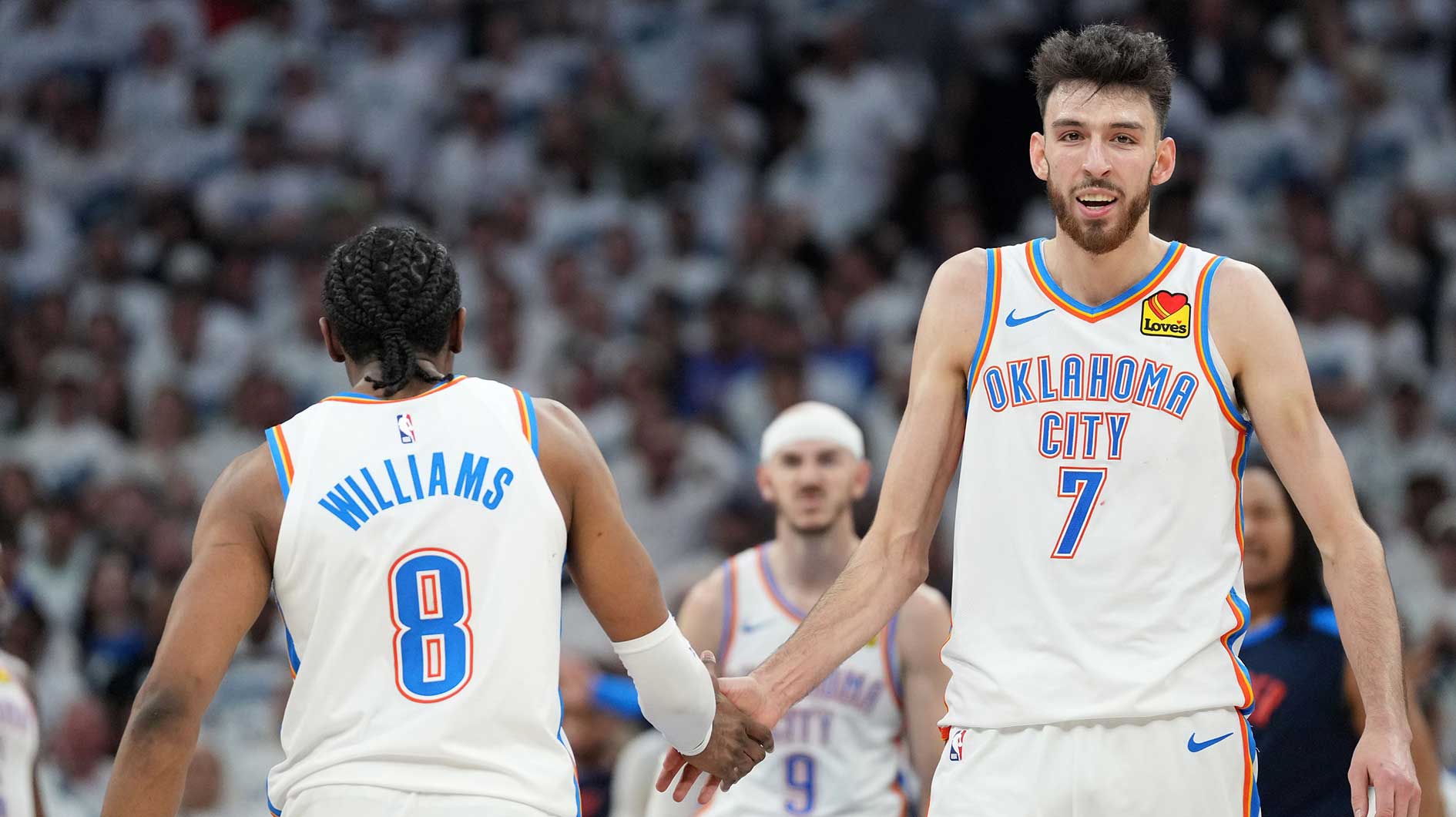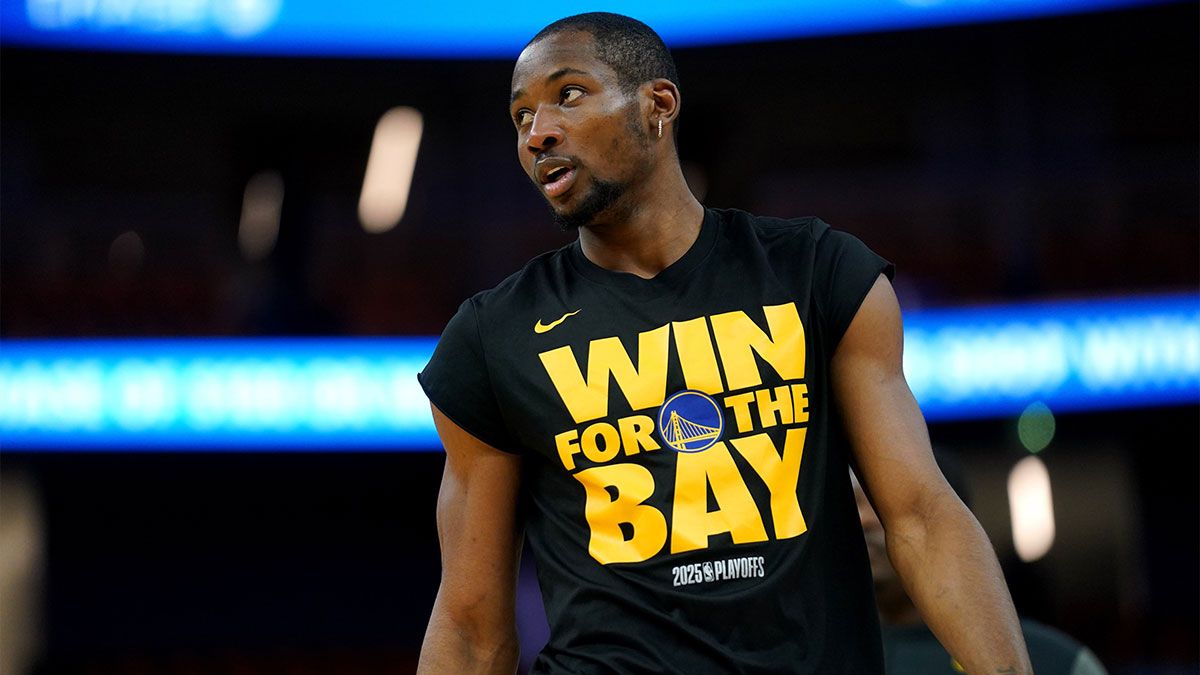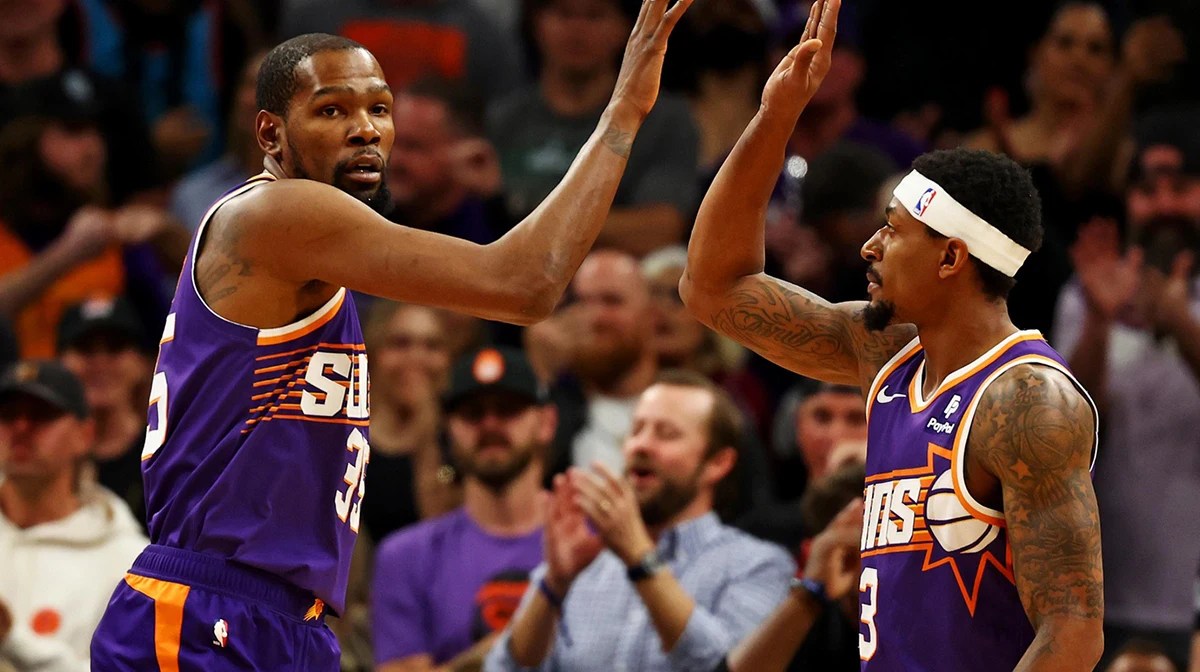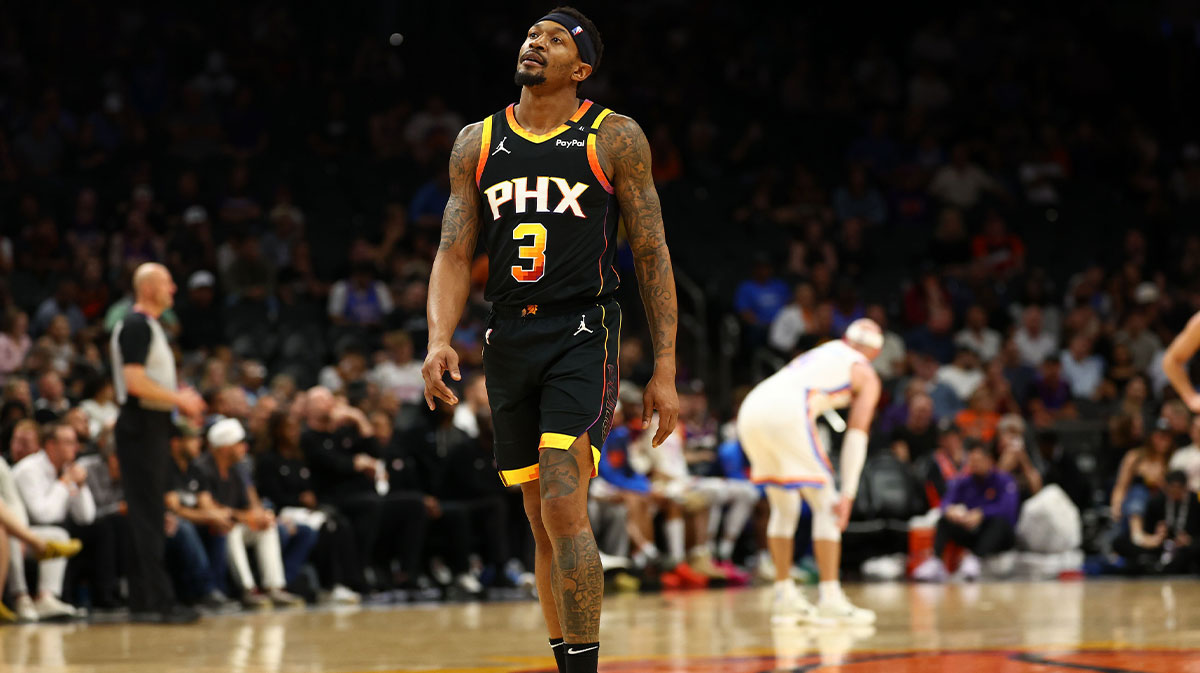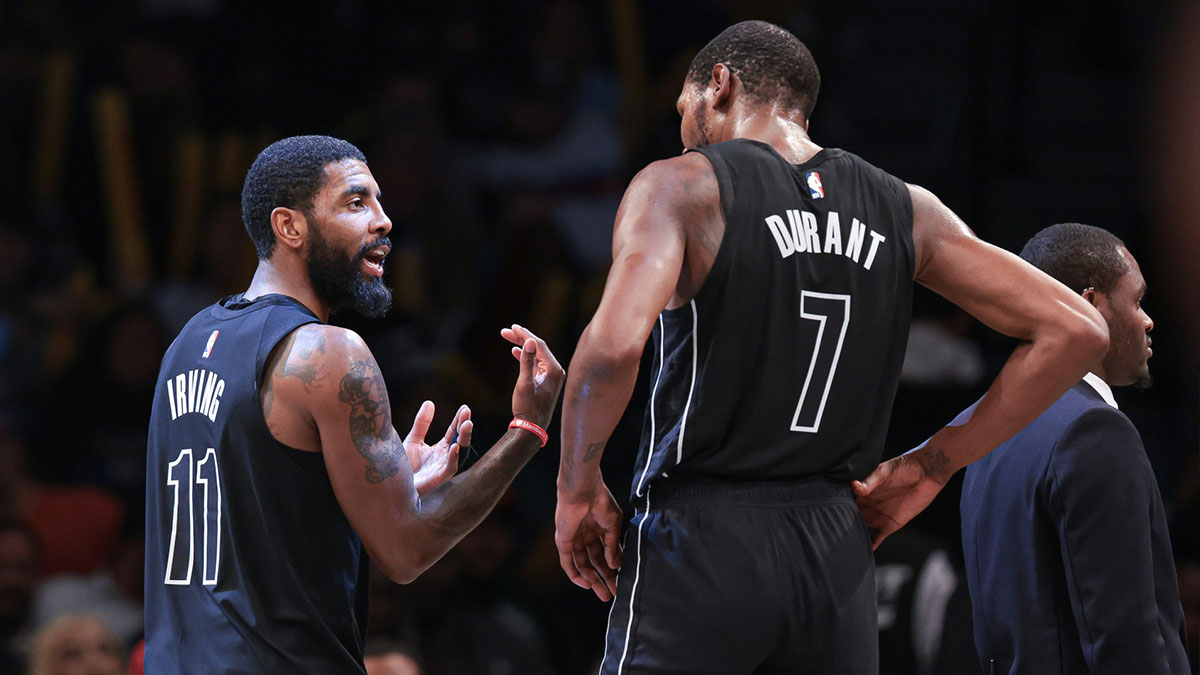The NBA introduced its Most Valuable Player award in 1955-56, bringing the timeless debate over what “valuable” means to the hardwood. The fluid nature of basketball makes quantifying individual value particularly challenging, though analytics like PER, Win Shares, Box Plus/Minus, VORP, and more have provided better metrics for doing so.
Milwaukee Bucks unicorn Giannis Antetokounmpo made it look easy. He didn't become the second unanimous winner, but Giannis' eye-popping numbers (league-leading .289 WS/48), his team's record, and his two-way dominance had him as a lock to be the 11th player to win consecutive Maurice Podoloff trophies.
Without much future suspense, let's look back on how MVP voting has evolved over the league's history.
Up through the 1979-80 season, the players comprised the voting bloc. In the 1960s, Bill Russell won five MVPs and Wilt Chamberlain earned four. All-time Win Shares leader Kareem Abdul Jabbar won MVP six times—still the most ever. For what it's worth, Michael Jordan won it on five occasions, LeBron James has four MVPs, while Moses Malone, Larry Bird, and Magic Johnson won it three times. (LeBron can pass Kareem for most total MVP votes.)
In 1980-81, voting power was redistributed to the media. Voters rank five candidates, with corresponding points for each slot. First-place nets 10, second-place garners seven, third-place votes are worth five, fourth-place is three and fifth-place earns one. The most cumulative points win. This was a slight expansion of the system used during the league's early days, when voters ranked three players with respective point totals of five, three, and one.
Beyond stats and wins, a solid narrative became an increased factor once the media took over. This has manifested as “voter fatigue,” such as when Barkley and Karl Malone bested Jordan—the latter maybe aided by Jackie MacMullan. Russell Westbrook averaging a triple-double after Kevin Durant's departure was another storyline-boosted selection. There's also plenty of lobbying. (In 1989-90, Magic Johnson topped Charles Barkley despite fewer first-place votes and Chuck's sarcastic “campaigning“.)
Starting in 2014, the NBA added transparency by releasing the voting results and media ballots, which some voters theorized has encouraged group-think tendencies. The most recent Collective Bargaining Agreement also included accolade-based qualifications for super-max contracts, which placed immense financial ramifications on voters that can theoretically affect ballots.
In 2017, the NBA took away votes from local broadcasters to combat potential conflicts of interest. In addition to the 100 ballots from the media, a 101st ballot was added in 2010 in the form of an online fan vote. (In 2019, the NBA brought fan voting to Twitter and expanded it to all of the individual awards.)
Regardless of whether voting has been controlled by players or media, winning has been an essential criterion. Only twice has MVP gone to a player on a losing team: Bob Pettit for the St. Louis Hawks (33-39) in the award's inaugural year, and Kareem with the 1975 Lakers (40-42). Moses (1979, 1982) and Westbrook (2017) are the lone dudes (in non-lockout years) since 1976 to win the award on a team that failed to reach 50 wins. (This was the source of Daryl Morey's ire about Westbrook topping James Harden.)

An unwelcome change in presenting MVP (that has nothing to do with voting) came in 2017 with the introduction of the NBA Awards Show, which postpones the awarding of the trophy until after the Finals. A player receiving the award before a home playoff game was far hyper than a mildly entertaining TNT show and allowed the winner to appropriately celebrate in front of fans and teammates.
At the conclusion of the 2020-2021 NBA season, Los Angeles Lakers superstar LeBron James vouched for Golden State Warriors guard Stephen Curry, saying he deserved the NBA MVP despite the Dubs' finish as the 8th seed in the Western Conference. Curry won the scoring title and almost single-handedly led his team to the playoffs.
Going back to the earlier point, the Warriors failed to secure 50 wins, so it might be difficult for Curry to win the MVP award despite his remarkable campaign.
Unfortunately, there doesn't seem to be any changes on the horizon — unless the upcoming CBA addresses the max contract financial incentives—and that's probably fine. Generally speaking, there hasn't been a ton of controversy over NBA MVP winners, and no utterly egregious decisions. Well, besides Karl Malone winning in both 1997 AND 1999.

